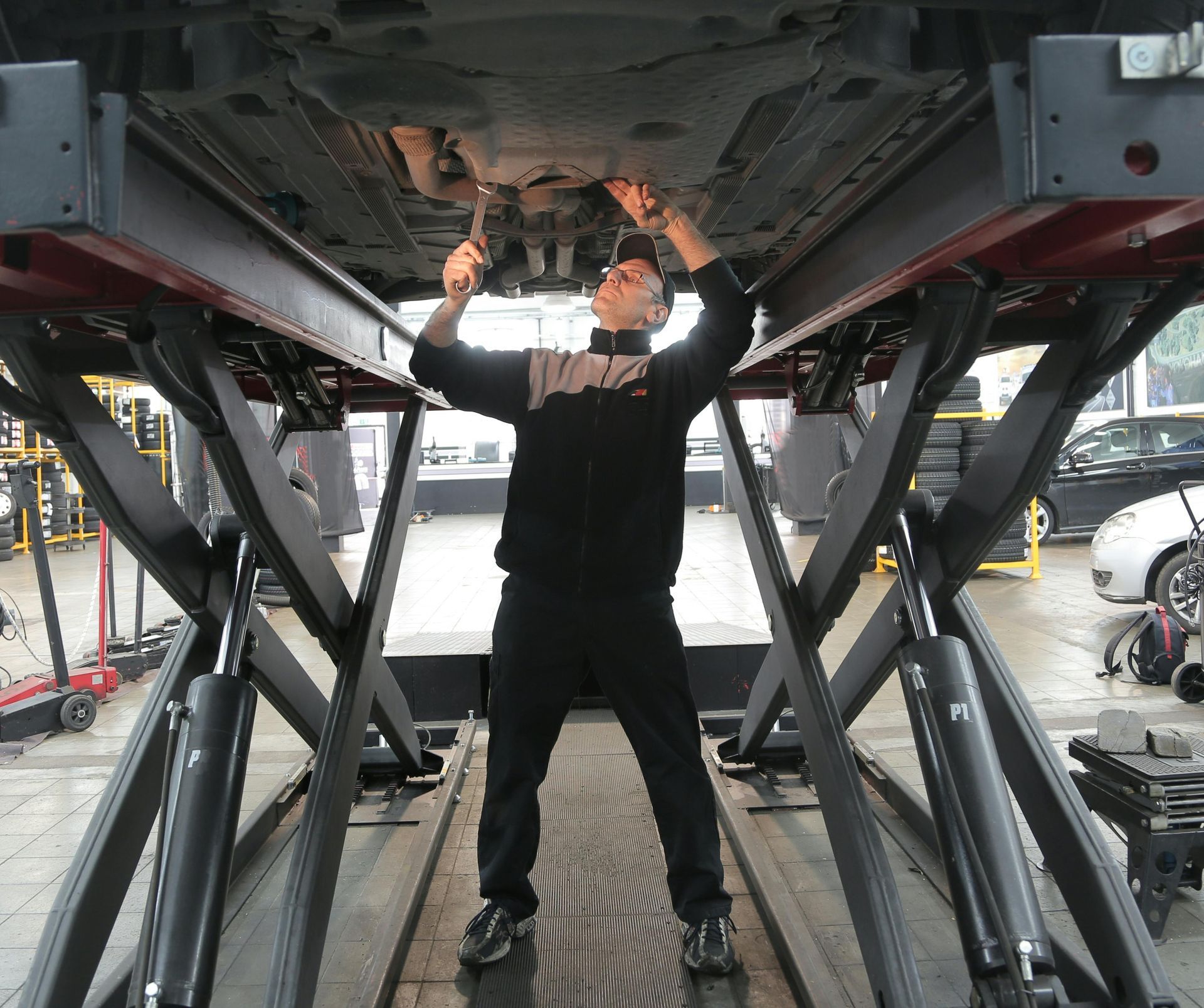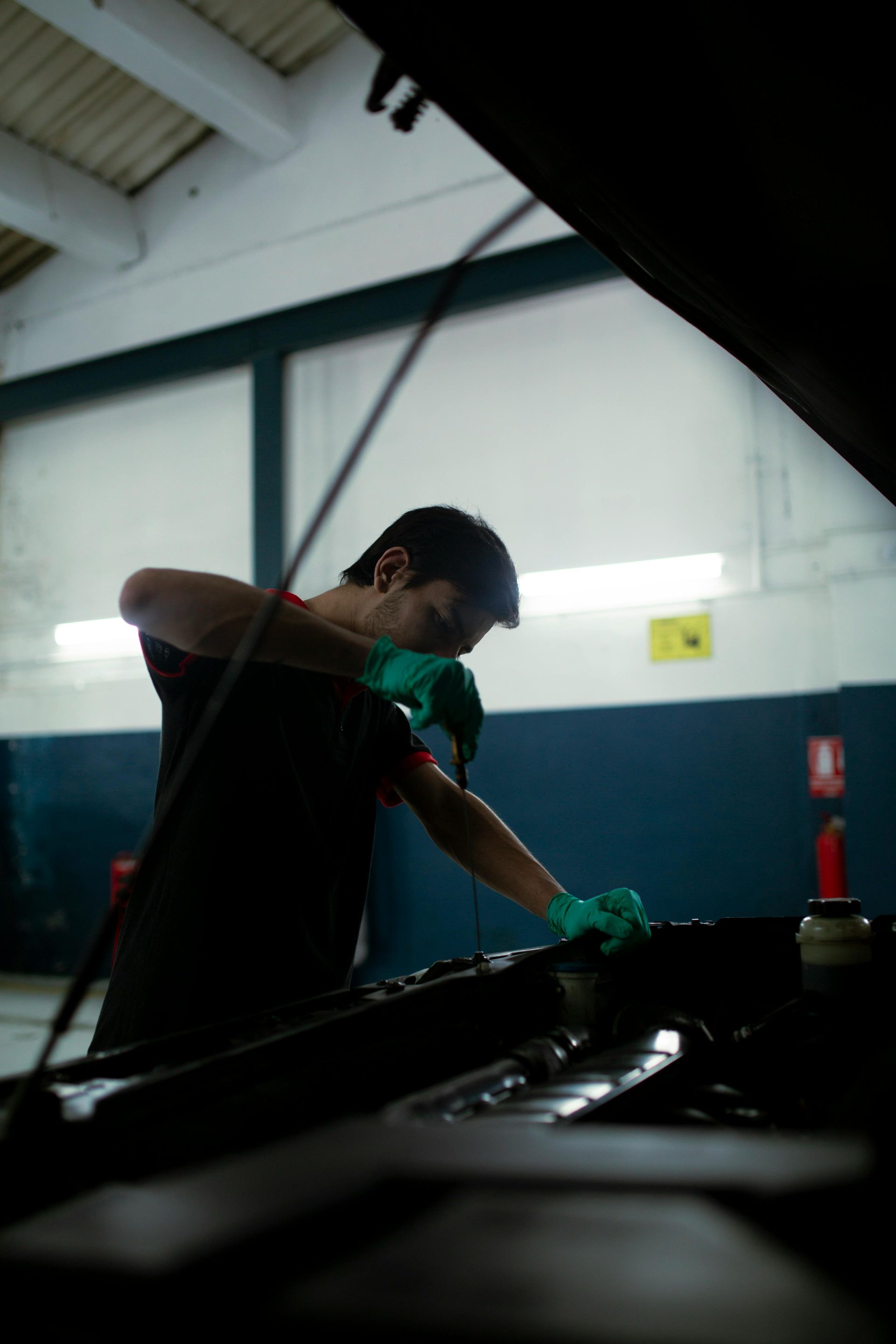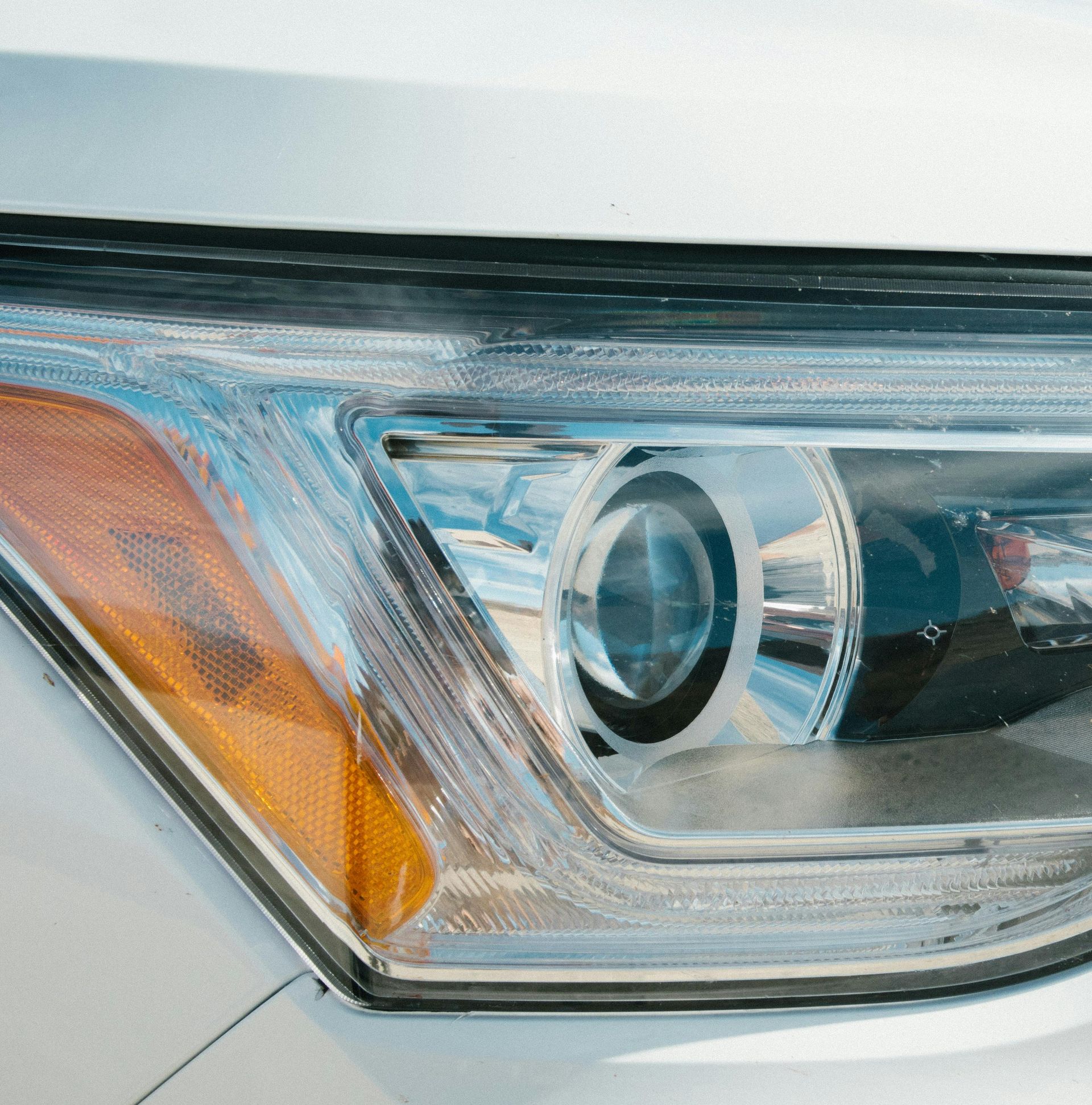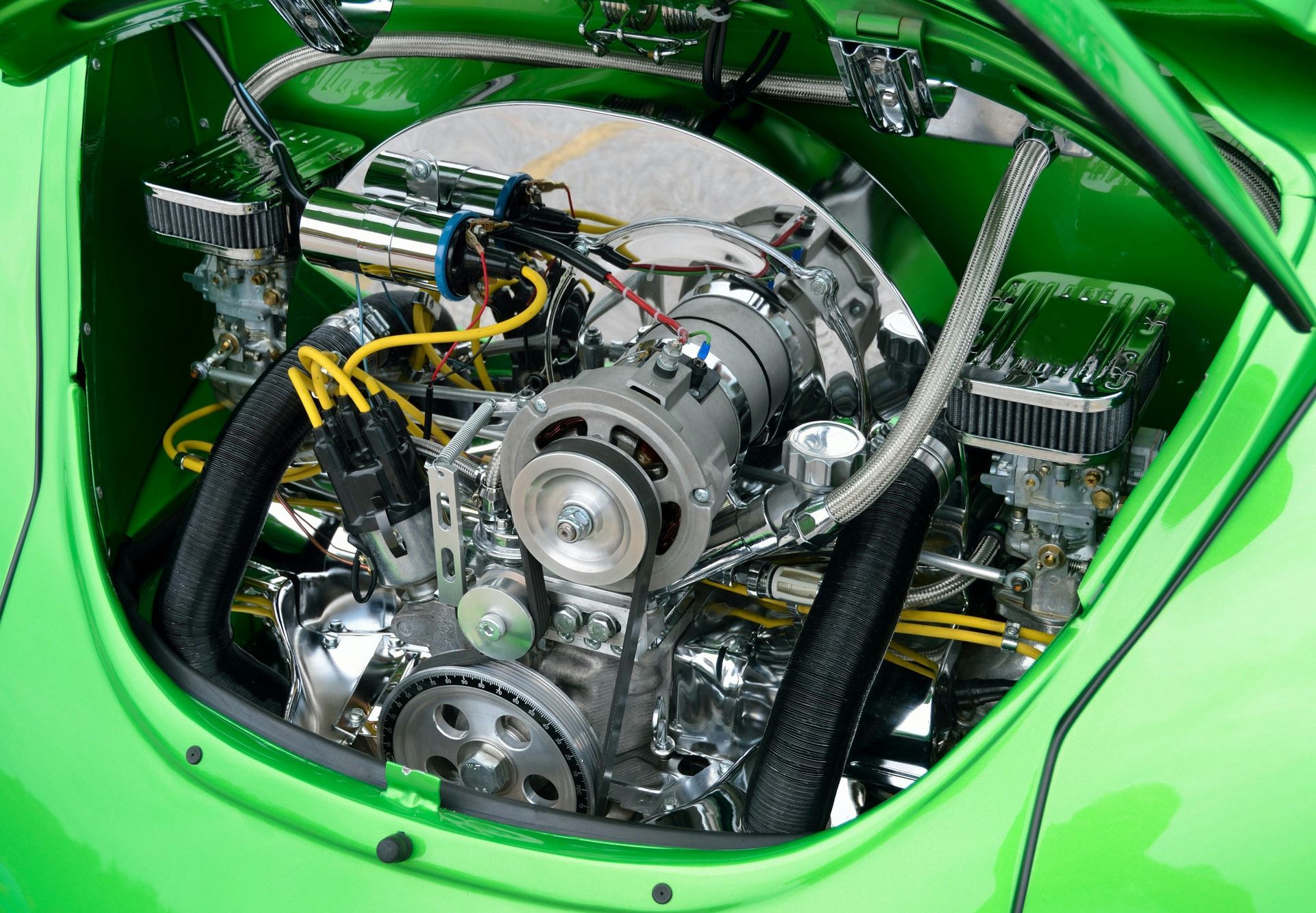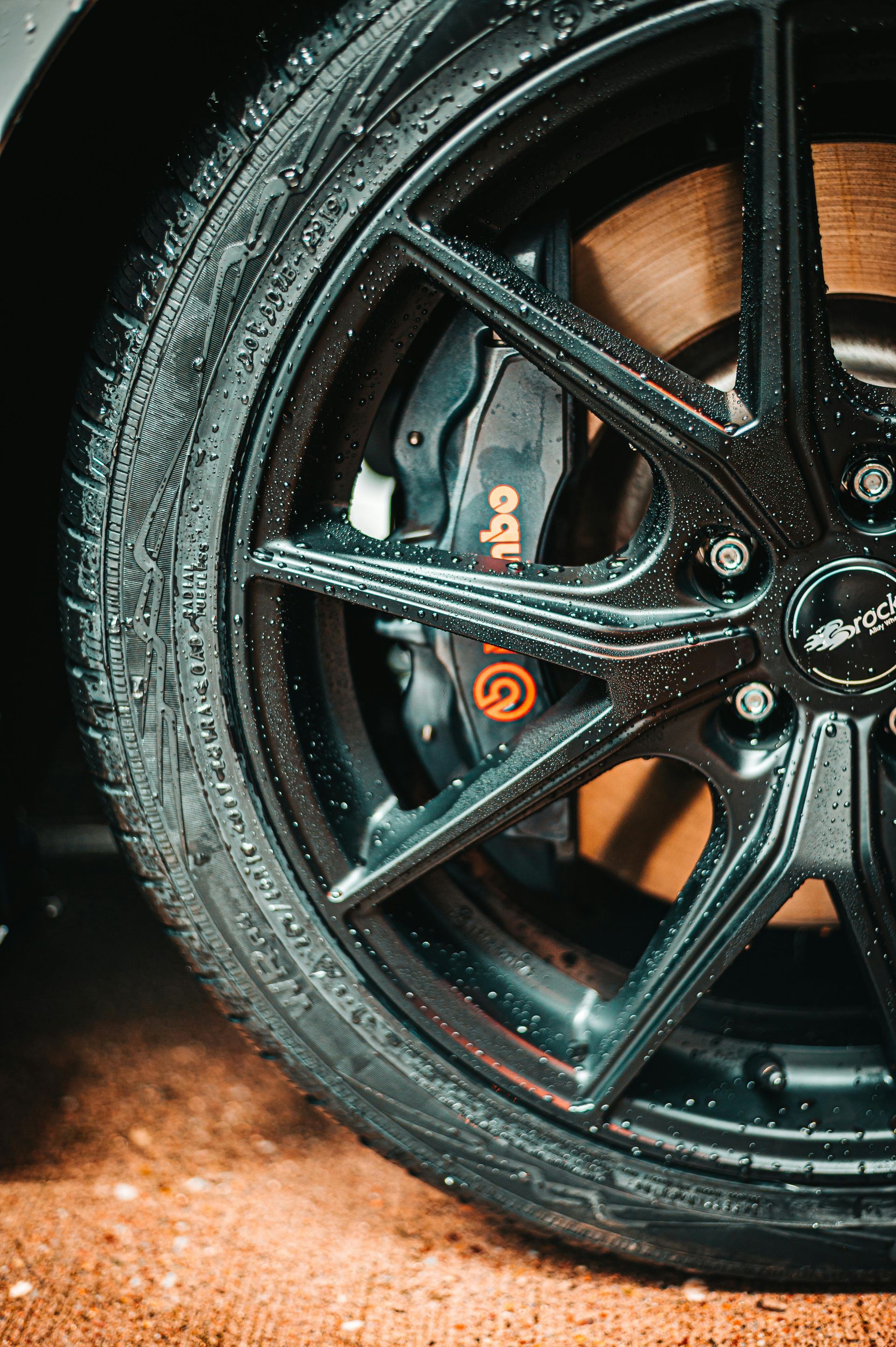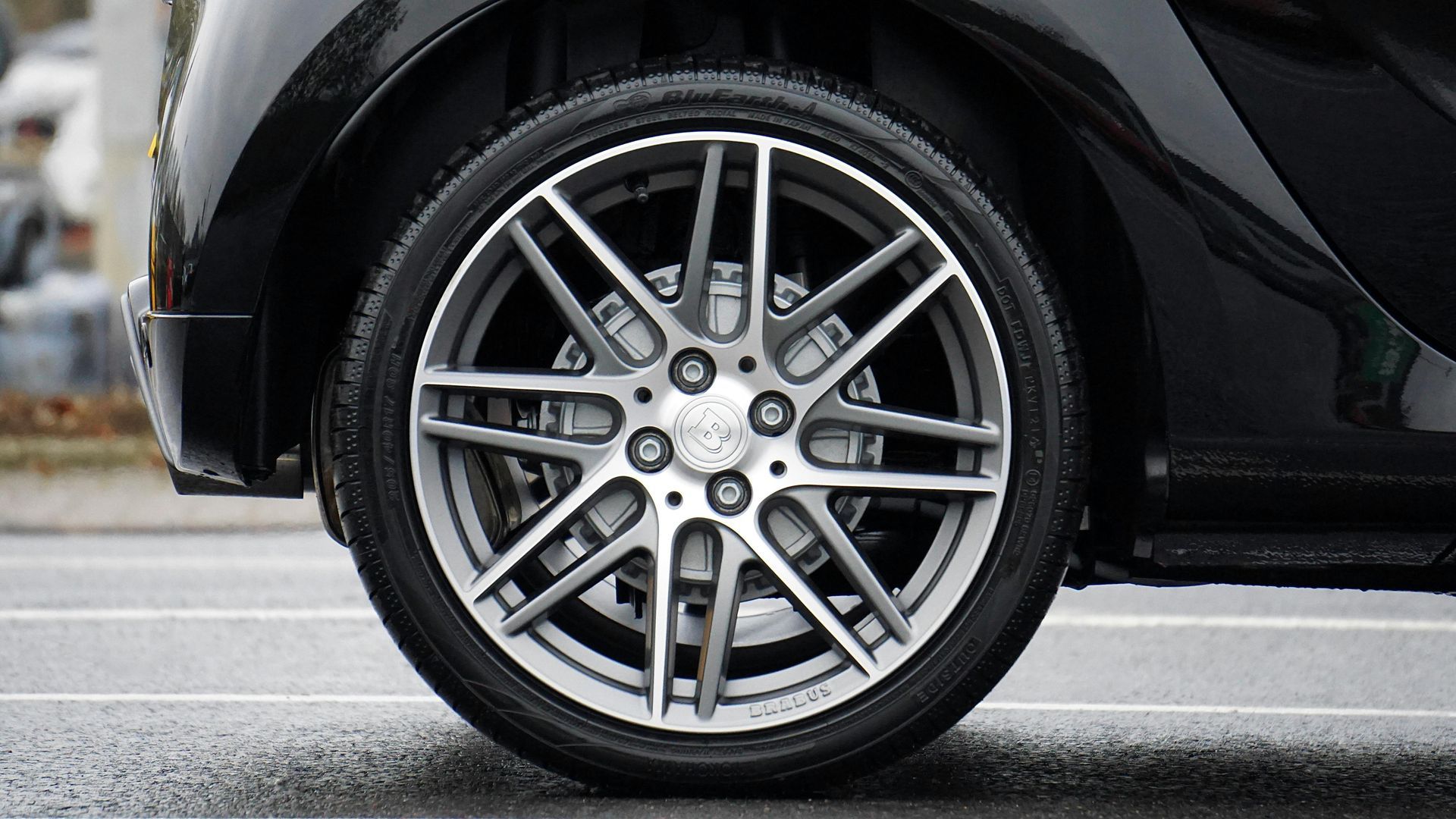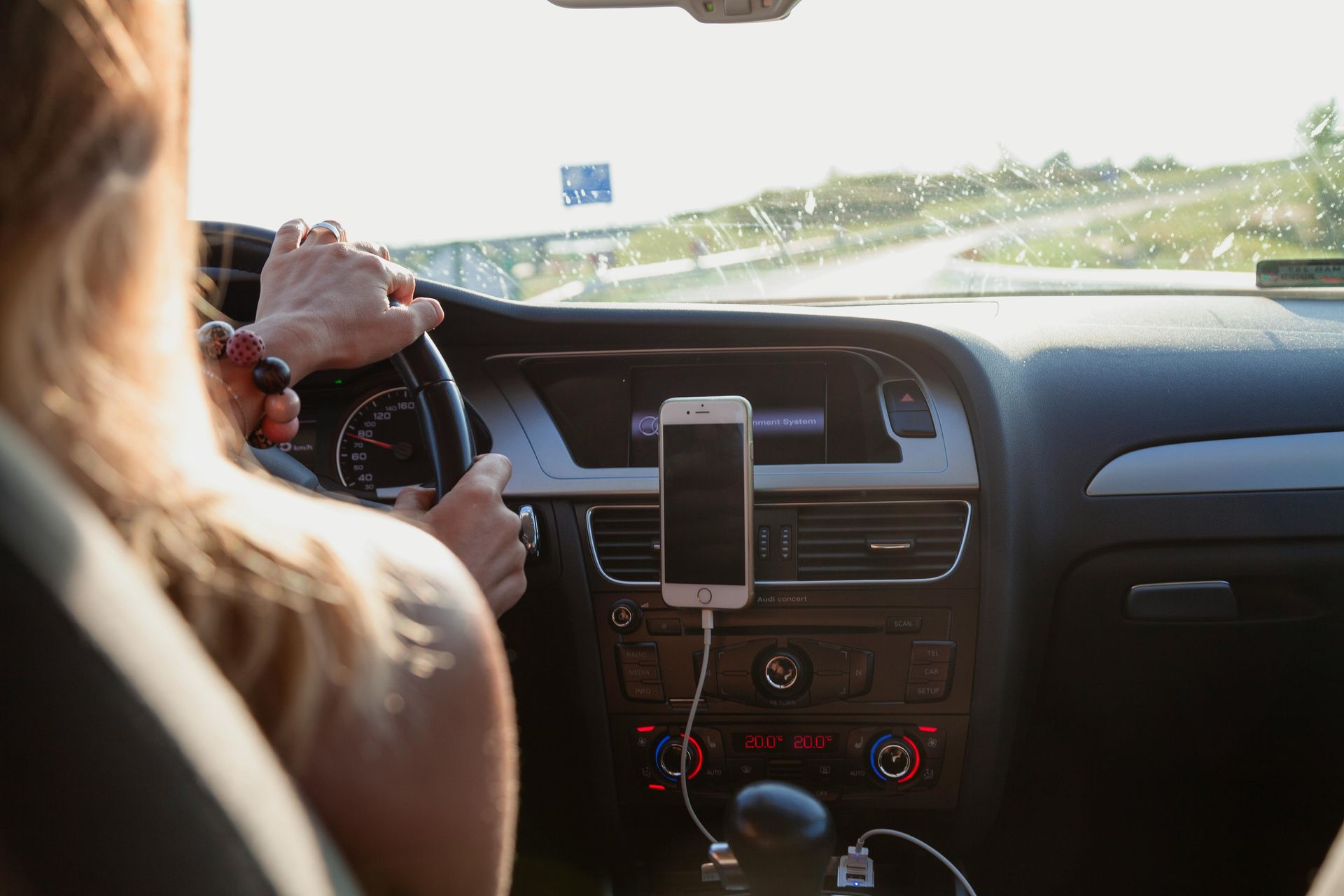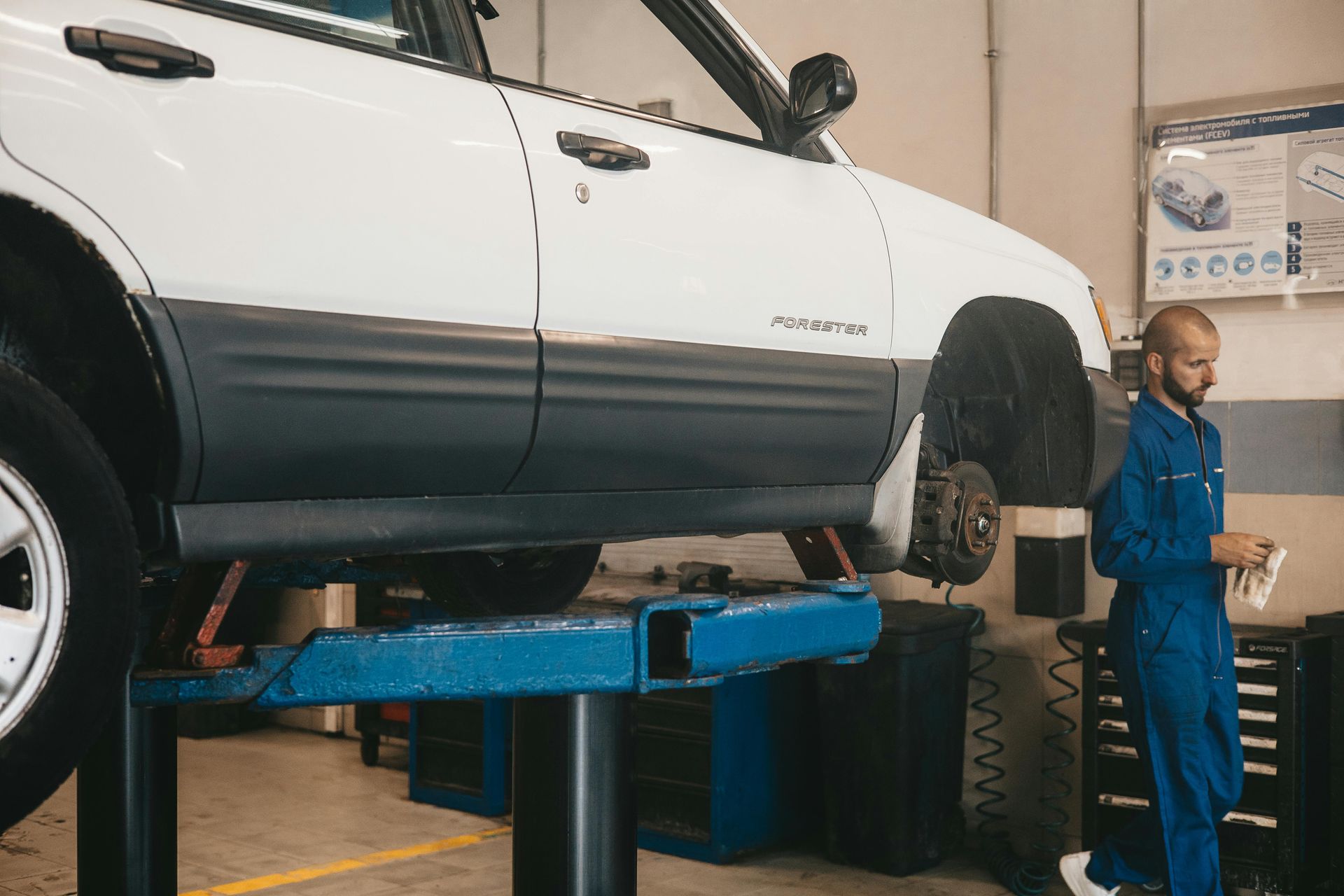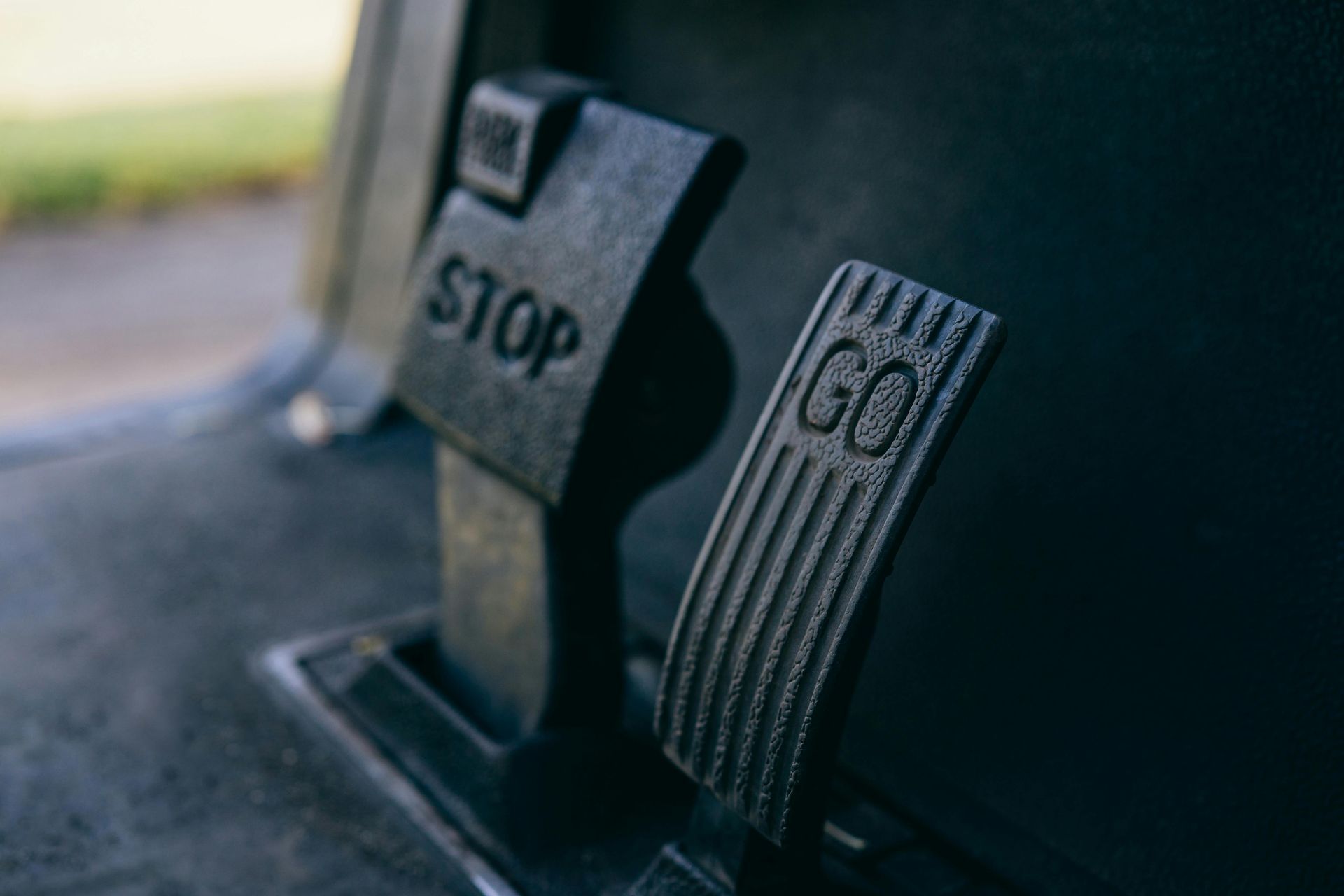How Eureka, CA Weather Affects Your Vehicle's Battery Life
Living in Eureka offers many advantages – mild temperatures, beautiful coastal scenery, and no snow to shovel. However, our unique coastal climate presents specific challenges for your car's battery that many drivers don't realize. Understanding how Eureka's weather patterns affect your battery can help you avoid unexpected breakdowns and extend your battery's life.
Eureka's Unique Climate Challenges
Constant Humidity Eureka's location on the Pacific Coast means high humidity year-round, often reaching 80-90% during our frequent foggy periods. This moisture can wreak havoc on your car's electrical system, including the battery.
Temperature Fluctuations While we don't experience extreme heat or cold, Eureka's daily temperature swings between cool, foggy mornings and warmer afternoons put stress on battery components. These constant changes cause your battery to expand and contract regularly.
Salt Air Exposure Living just miles from the ocean means salt particles are constantly in our air. This salty environment accelerates corrosion on battery terminals and connections, reducing your battery's ability to deliver power effectively.
Extended Foggy Periods Eureka's famous fog isn't just a driving hazard – it creates prolonged periods of high moisture that can affect your battery's performance and lifespan.
How Humidity Affects Your Battery
Corrosion Acceleration High humidity speeds up the corrosion process on your battery terminals. That white, crusty buildup you might notice around your battery posts is corrosion, and it acts like rust on metal – it prevents proper electrical connection.
Internal Moisture Problems While car batteries are sealed, extreme humidity can sometimes find its way into older batteries through tiny cracks or worn seals. This moisture disrupts the chemical reactions that produce electricity.
Electrical System Stress Humid conditions make your entire electrical system work harder. Your alternator has to push more power through corroded connections, which can shorten both your battery and alternator life.
Temperature's Impact on Battery Performance
Chemical Reaction Changes Car batteries work through chemical reactions that are sensitive to temperature. Eureka's cool morning temperatures (often in the 40s and 50s) slow down these reactions, reducing your battery's power output when you need it most – during startup.
Expansion and Contraction The daily cycle from cool mornings to warmer afternoons causes your battery's internal components to expand and contract. Over time, this can loosen connections inside the battery and create weak spots.
Seasonal Variations While Eureka doesn't have harsh winters, our cooler months (December through March) still put extra strain on batteries. During these months, your car needs more power to start, and the battery has less power available due to cooler temperatures.
Salt Air: The Hidden Battery Killer
Terminal Corrosion Salt particles in Eureka's air settle on your battery terminals and accelerate corrosion. This green or white buildup prevents proper electrical contact and can cause starting problems.
Cable Damage Salt doesn't just affect terminals – it can also corrode the battery cables themselves. This is especially problematic where the cables connect to the terminals.
Under-Hood Effects Salt air affects all metal components under your hood. As these parts corrode, they can create additional electrical resistance that forces your battery to work harder.
Fog's Unique Challenges
Extended Moisture Exposure When Eureka is socked in with fog for days at a time, your car's battery and electrical system are exposed to constant moisture. This is like leaving your car in a humid bathroom – everything stays damp.
Reduced Driving Heavy fog often means people drive less, which is actually bad for batteries. Batteries need regular use and charging from your alternator to stay healthy.
Increased Electrical Load Driving in fog means using headlights, wipers, defrosters, and sometimes air conditioning to clear windows. All of this extra electrical demand puts more stress on your battery.
How Eureka Drivers Can Protect Their Batteries
Regular Terminal Cleaning Check your battery terminals monthly for corrosion. Clean white or green buildup with a wire brush and apply terminal protectant spray to slow future corrosion.
Keep It Dry When possible, park in a garage or covered area to reduce moisture exposure. If you must park outside, consider a car cover during extended foggy periods.
Drive Regularly Even short drives help keep your battery charged and prevent sulfation – a process where lead sulfate crystals build up and reduce battery capacity.
Monitor Performance Pay attention to how your car starts, especially on cool mornings. Slow cranking or dim headlights can indicate battery problems before complete failure.
Warning Signs of Weather-Related Battery Problems
Slow Engine Cranking If your car takes longer to start on cool Eureka mornings, your battery may be losing capacity due to weather effects.
Dim Headlights Headlights that seem dimmer than usual, especially when idling in fog with wipers and defrosters running, can indicate a weak battery.
Electrical Issues Problems with power windows, radio, or other electrical components might be battery-related, especially if they occur during high-demand situations like foggy weather driving.
Corrosion Signs Visible corrosion around battery terminals is a clear sign that Eureka's humid, salty environment is affecting your battery.
Seasonal Battery Maintenance in Eureka
Fall Preparation Before our rainier months arrive, have your battery tested and terminals cleaned. This is when many batteries start showing weakness.
Winter Monitoring During Eureka's cooler months, pay extra attention to starting performance. Cold temperatures reveal battery weakness that might not be obvious in warmer weather.
Spring Cleaning After our wettest months, inspect and clean your entire battery area. Remove any corrosion that built up during the rainy season.
Summer Readiness Even though Eureka summers are mild, increased tourist traffic means more stop-and-go driving, which can stress aging batteries.
Battery Types and Eureka's Climate
Standard Lead-Acid Batteries These traditional batteries are most affected by Eureka's humid conditions and require more frequent maintenance.
AGM Batteries Absorbent Glass Mat batteries handle moisture better and last longer in coastal climates like ours.
Gel Cell Batteries These sealed batteries resist corrosion better but cost more upfront. They can be worth the investment for Eureka drivers.
When Weather Damage Becomes Expensive
Alternator Strain A corroded battery makes your alternator work harder, potentially leading to premature alternator failure – a much more expensive repair.
Starting System Problems Corroded connections can damage your starter motor over time, turning a battery problem into a major repair.
Computer Issues Modern cars rely on stable electrical power. Weak batteries can cause computer glitches that are difficult and expensive to diagnose.
Professional Battery Testing
Load Testing Professional battery testing can reveal weakness before complete failure. This is especially important in Eureka's challenging climate.
Electrical System Analysis A complete electrical system check can identify corrosion or connection problems before they cause breakdowns.
Preventive Replacement Replacing batteries proactively, especially before our rainy season, prevents inconvenient roadside failures.
Expert Battery Service for Eureka's Climate
Living in Eureka's unique coastal environment requires special attention to your vehicle's battery and electrical system. The experienced technicians at Eureka Brake & Automotive understand exactly how our local weather conditions affect car batteries.
We've been serving Humboldt County drivers for over 30 years, and we know that batteries here face challenges you won't find in drier, inland climates. Our team can test your battery's condition, clean corroded terminals, and recommend the right battery type for Eureka's demanding coastal environment.
Don't let Eureka's weather leave you stranded with a dead battery. We stock quality batteries designed to handle coastal conditions and provide reliable starting power through our foggy mornings and humid afternoons.
Located at 2002 2nd St in Eureka, we're open Monday through Friday, 7:30am to 5:00pm. Whether you need a battery test, terminal cleaning, or a new battery that can handle Eureka's coastal climate, call us at (707) 200-7097 or book your appointment online today. Keep your car starting reliably, no matter what our coastal weather brings.
